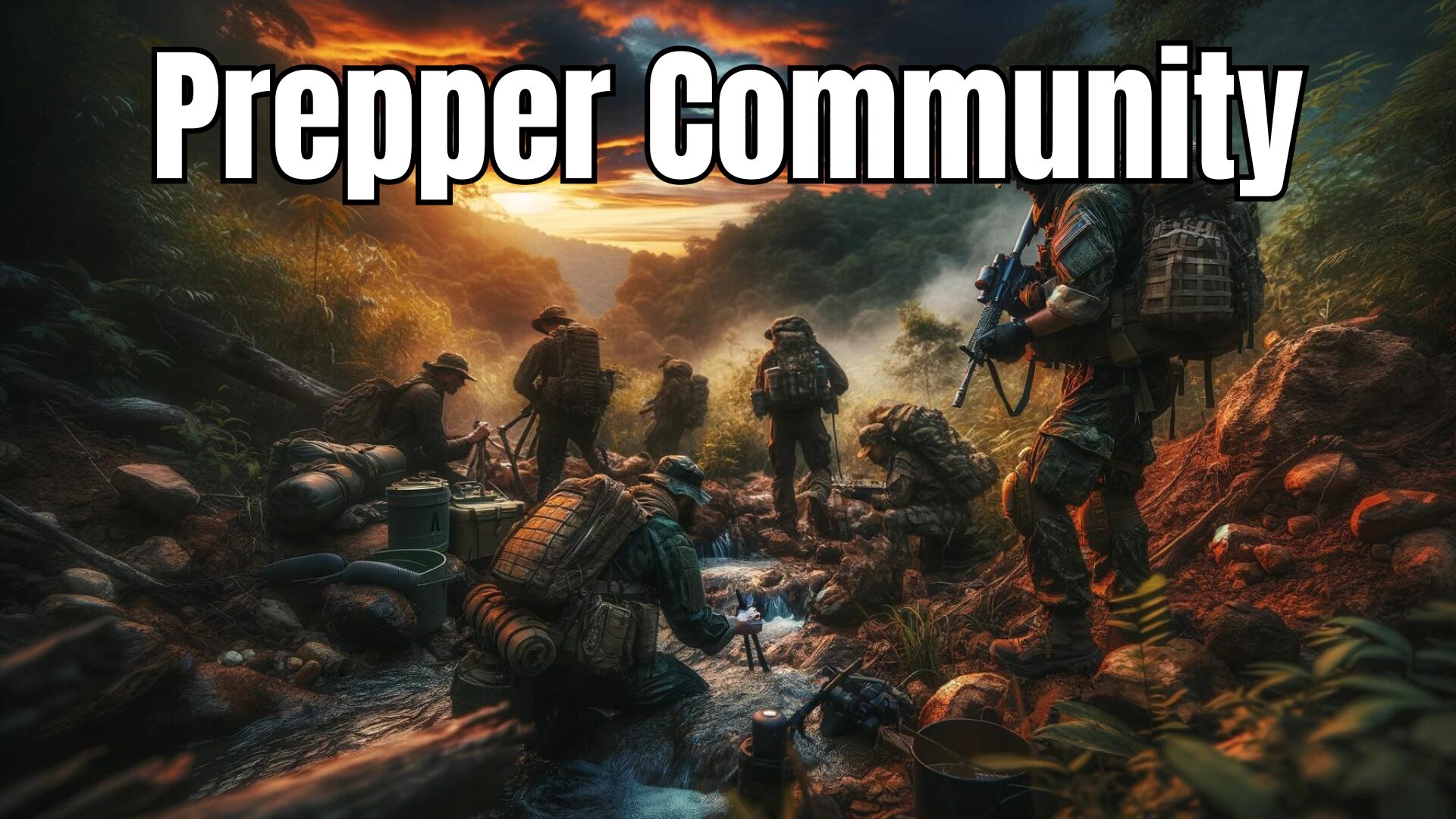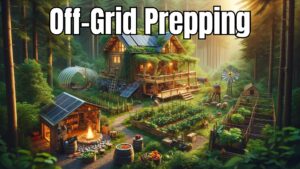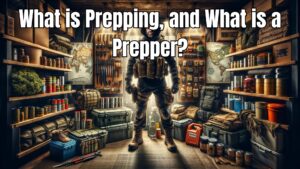In the ever-evolving landscape of global challenges, the resilience of a community often hinges on the preparedness and unity of its members.
Preppers, with their forward-thinking and self-sufficiency, not only ready themselves but also fortify the collective strength of their communities against unforeseen disasters.
Table of Contents
Maximizing Preparedness with Prepper Volunteerism
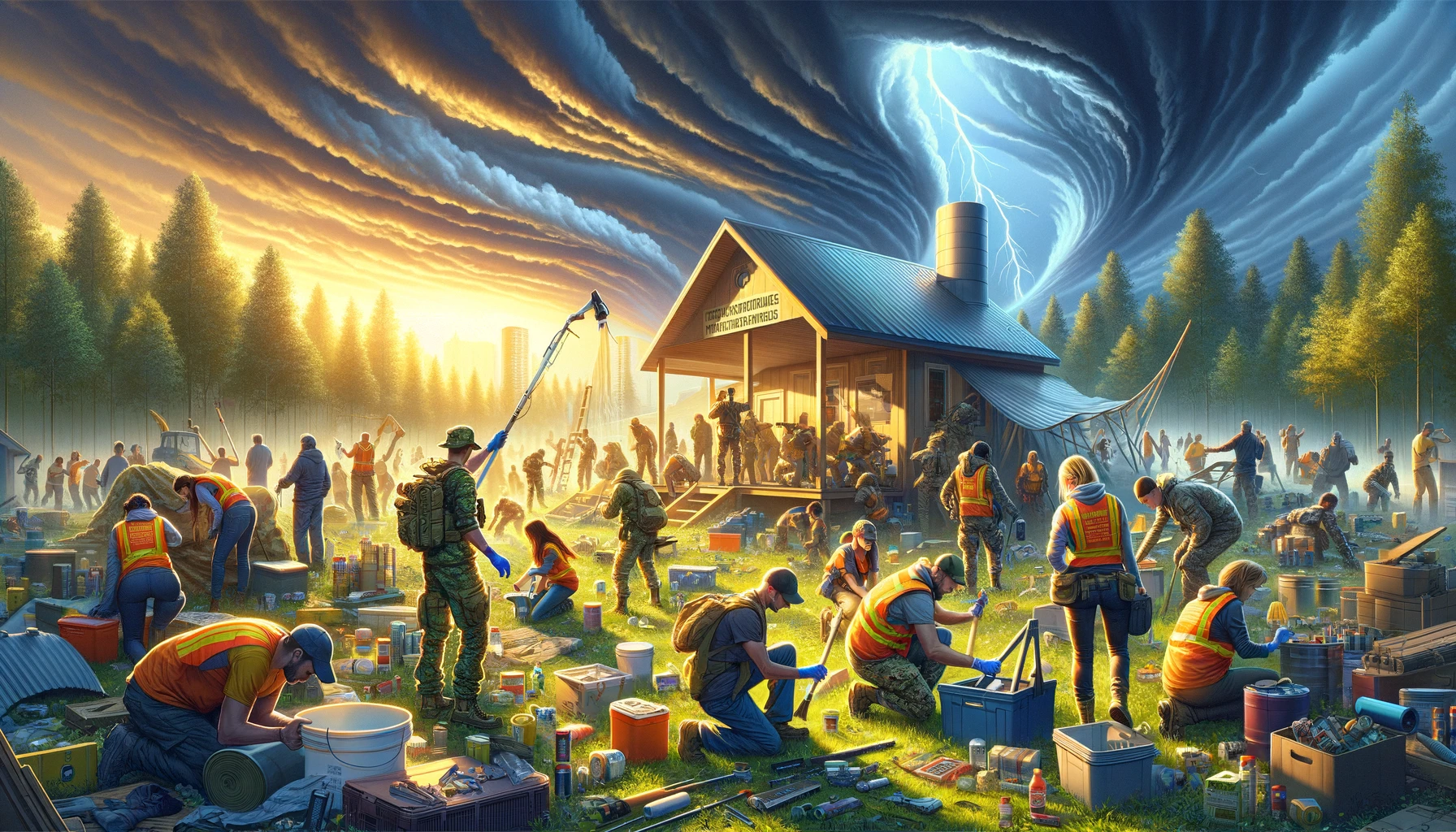
Building Self-Reliance in a Survival Community
In a world that is increasingly unpredictable, preppers recognize the value of being prepared for any disaster or emergency.
However, preparation goes beyond just stockpiling supplies and honing survival skills.
True preparedness involves fostering a sense of self-reliance within a survival community.
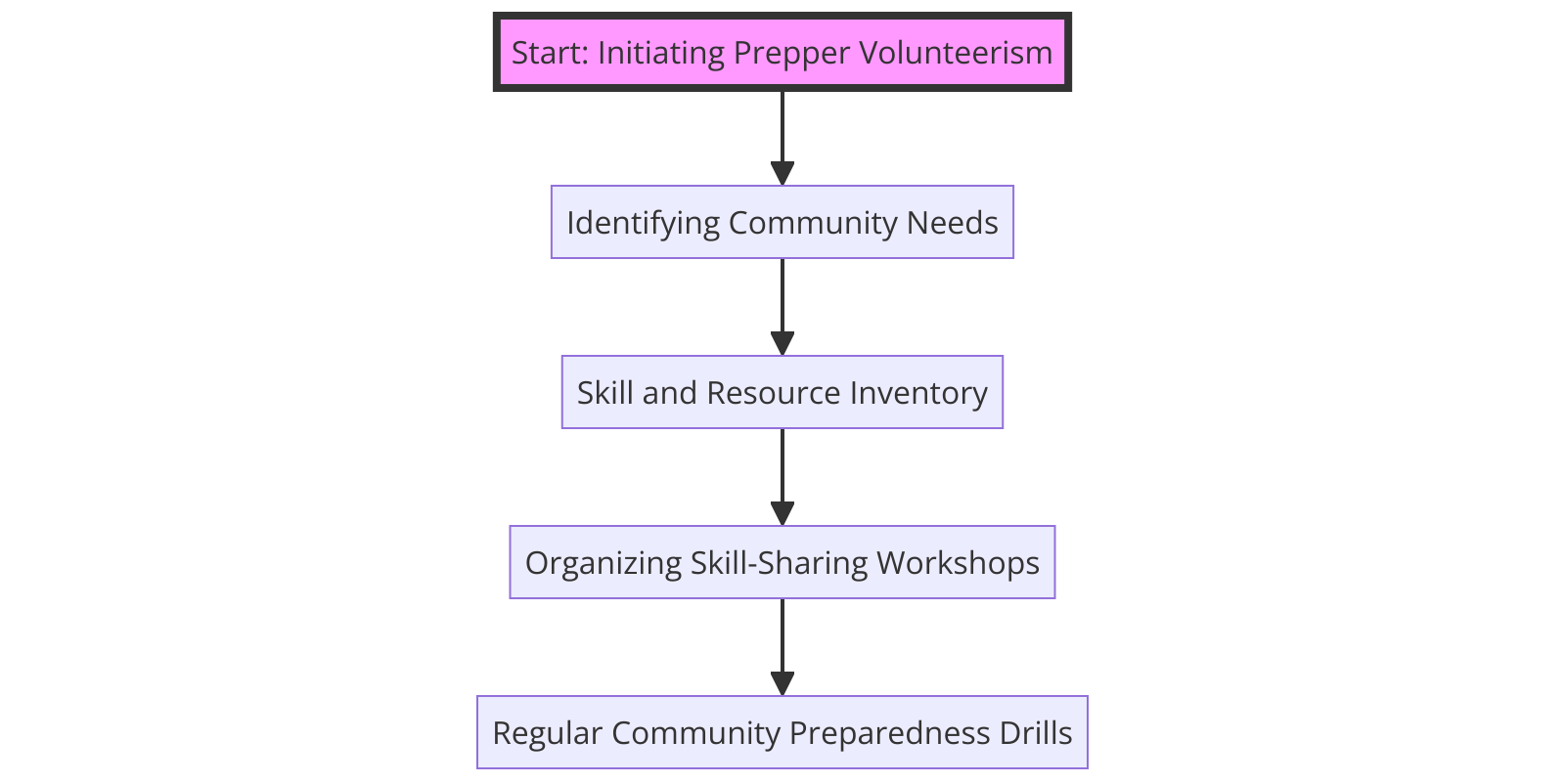
“Building self-reliance within a community transforms preparedness from a personal pursuit to a collective strength,”
Jordan McKnight, an expert in emergency management and community resilience.
Essential Survival Skills for the Prepping Community
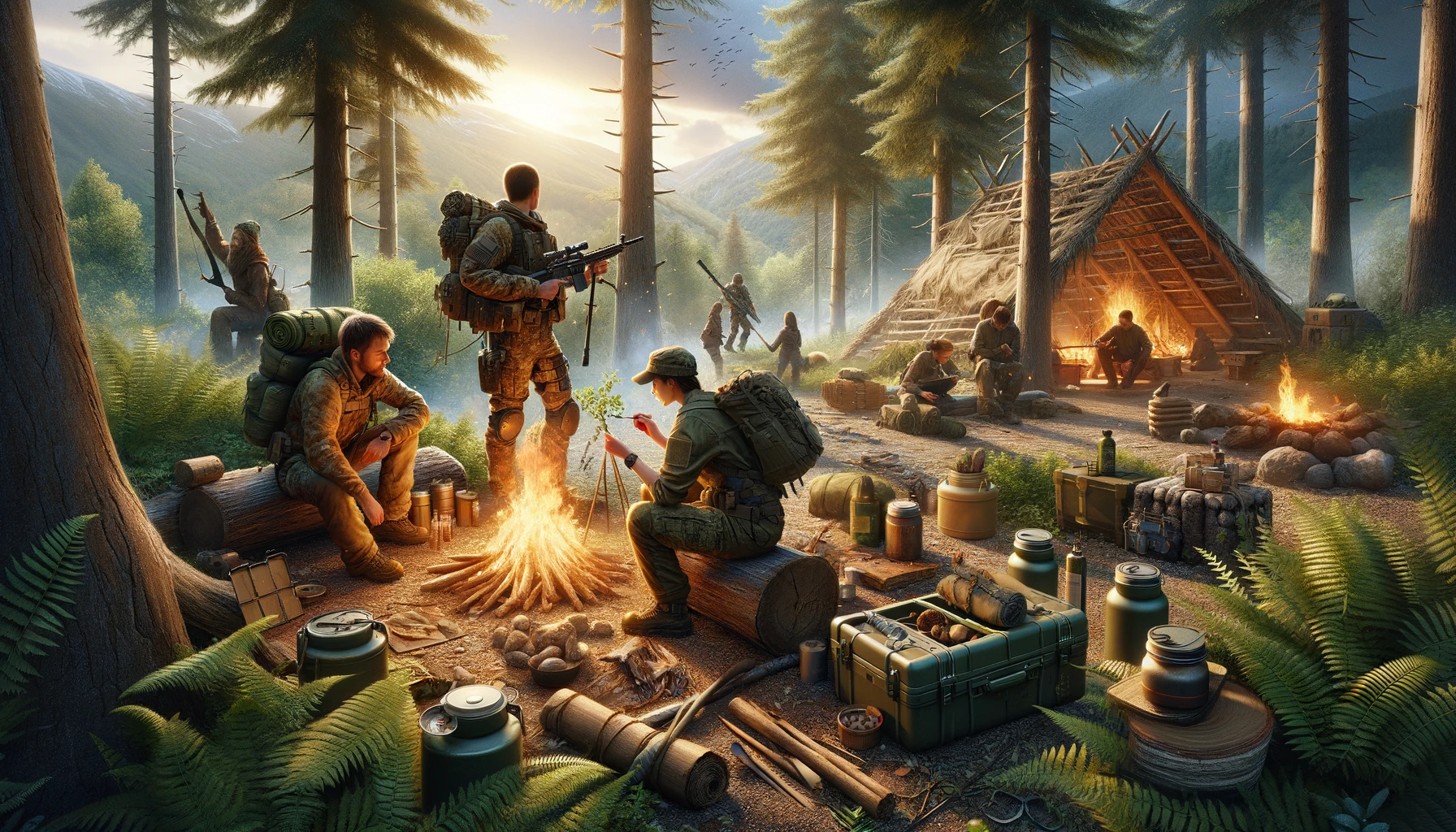
Learning New Skills for Self-Reliance
In the prepping community, learning new skills is crucial for building a self-reliant lifestyle.
One of the most important skills for preppers is food storage, which involves properly preserving and storing food and water for long-term use.
By learning techniques like canning, dehydrating, and vacuum sealing, preppers can ensure a constant supply of essential resources regardless of the circumstances.
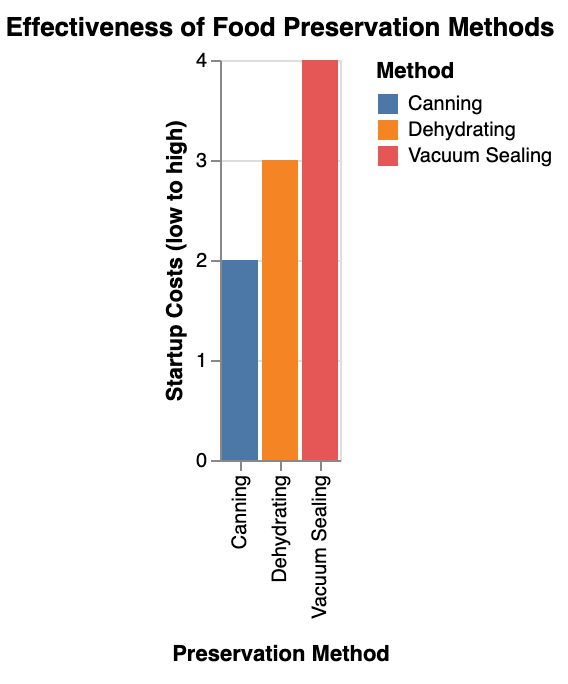
Building a Network of Like-Minded Preppers
Many preppers understand the importance of building a network of like-minded people in their local area.
By connecting with others who share a passion for emergency preparedness, preppers can exchange knowledge, skills, and resources.
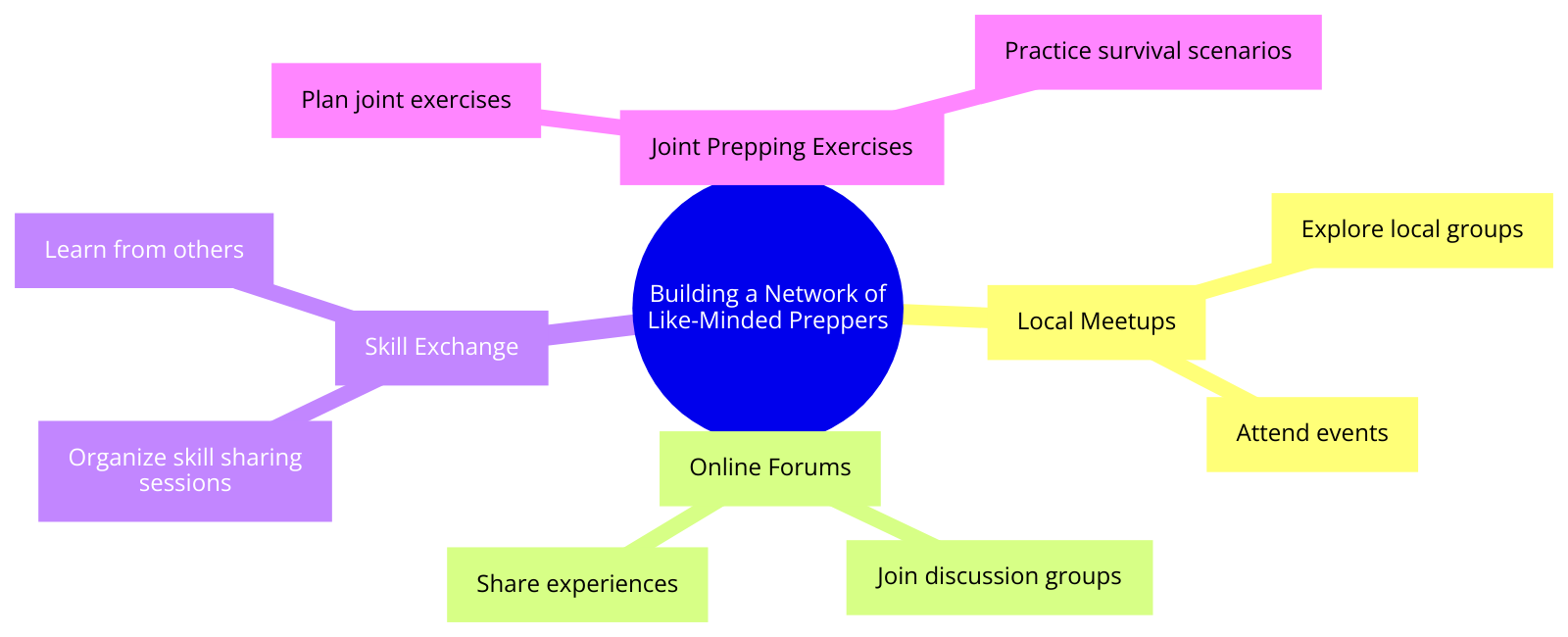
Collaborating with fellow preppers can result in a stronger emergency response capability during natural disasters or other catastrophic events.
| Aspect | Solo Prepping | Community Prepping |
|---|---|---|
| Resource Sharing | Limited access to pooled resources | Ability to share resources and expertise among group members |
| Collective Knowledge | Solely dependent on individual skills | Access to diverse skill sets, experiences, and knowledge of community members |
| Emergency Response | Limited multitasking and response efforts | Ability to distribute tasks and coordinate efforts for quicker and more efficient emergency response |
Building Self-Reliance in a Survival Community

The essence of building self-reliance in a survival community lies in connecting with like-minded individuals who share a common vision and goal.
By surrounding oneself with other preppers, one can tap into a wealth of knowledge, resources, and experiences.
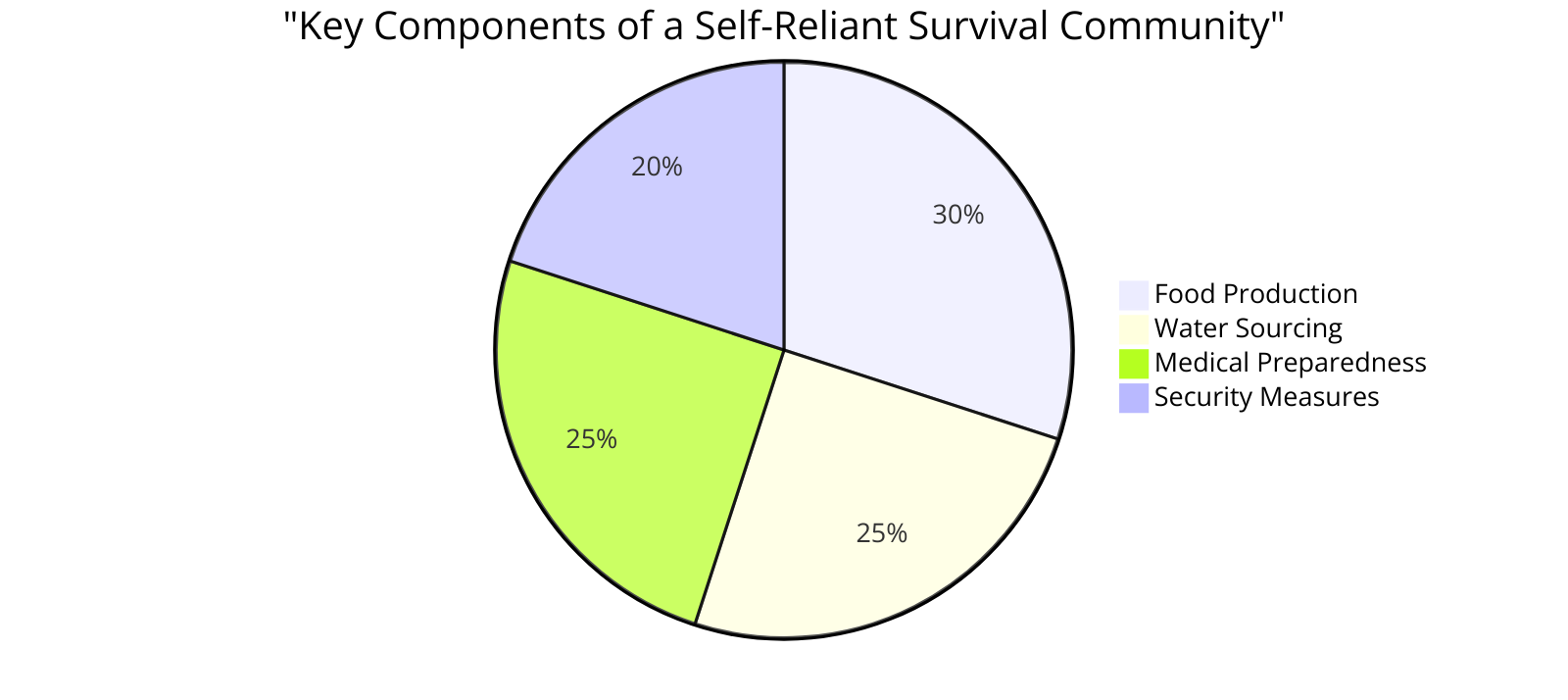
Being part of a group of like-minded preppers not only creates a robust network but also instills a deep sense of community and belonging.
Joining Forces: Finding Like-Minded Preppers
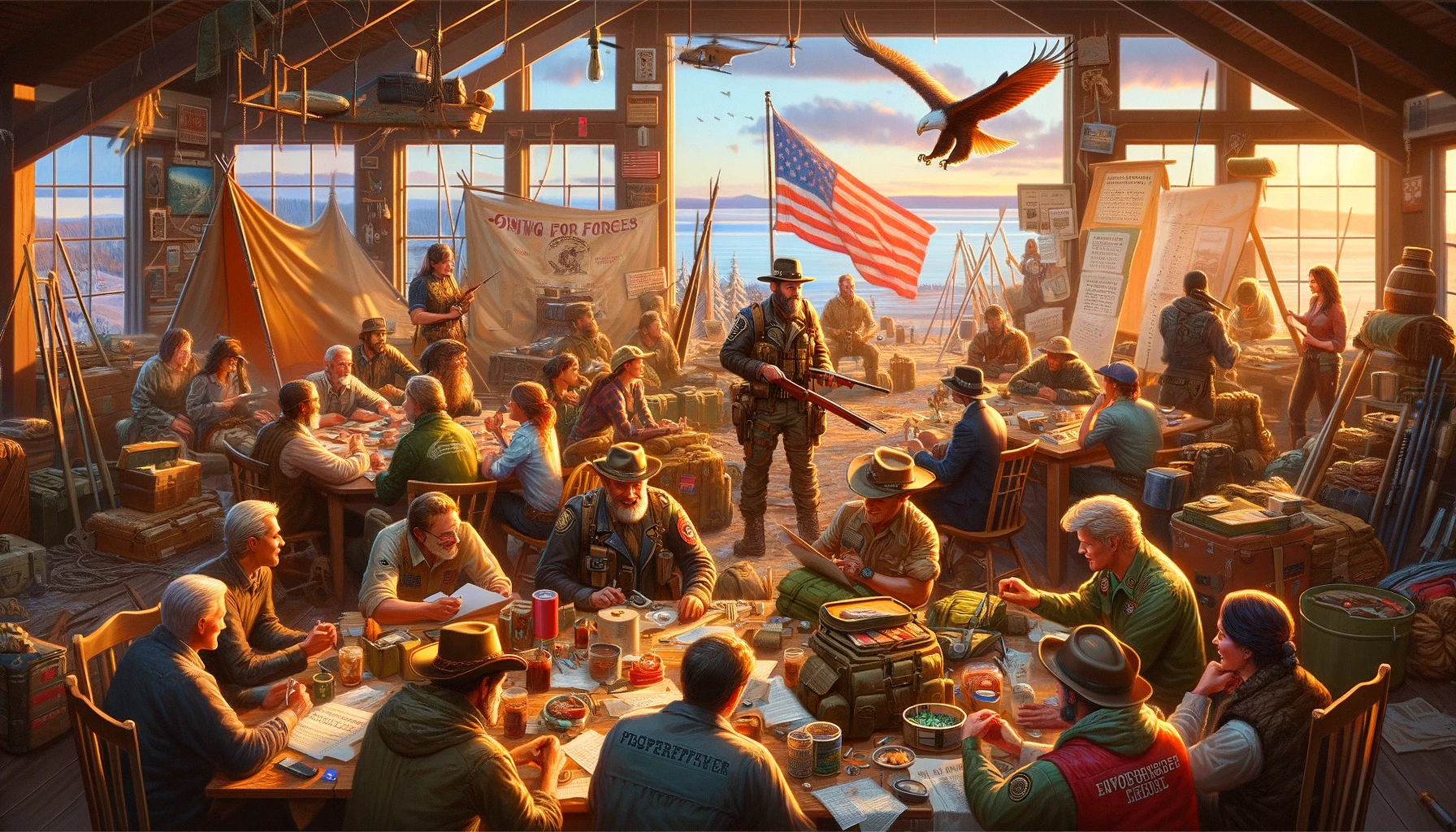
Finding a group of preppers who share your mindset and goals can greatly enhance your chances of survival when disaster strikes.
So, if you’re a keen prepper looking for a group to join or start your own survival community, here are a few steps to help you in your search:
- Networking: Begin by networking with other preppers in your area. Attend local prepper meetings, workshops, or events related to prepping skills and self-sustainability.
- Join Online Communities: Utilize online platforms and forums dedicated to prepping to find other preppers. Engage in discussions and share your own knowledge and experiences.
- Contact Local Emergency Services: Reach out to organizations like the Red Cross or other emergency services in your area. They may have information on prepper groups or community initiatives focused on disaster preparedness and response.
- Participate in Workshops and Courses: Attend workshops and courses that focus on specific prepping topics such as bug-out strategies, first aid, or wilderness survival.
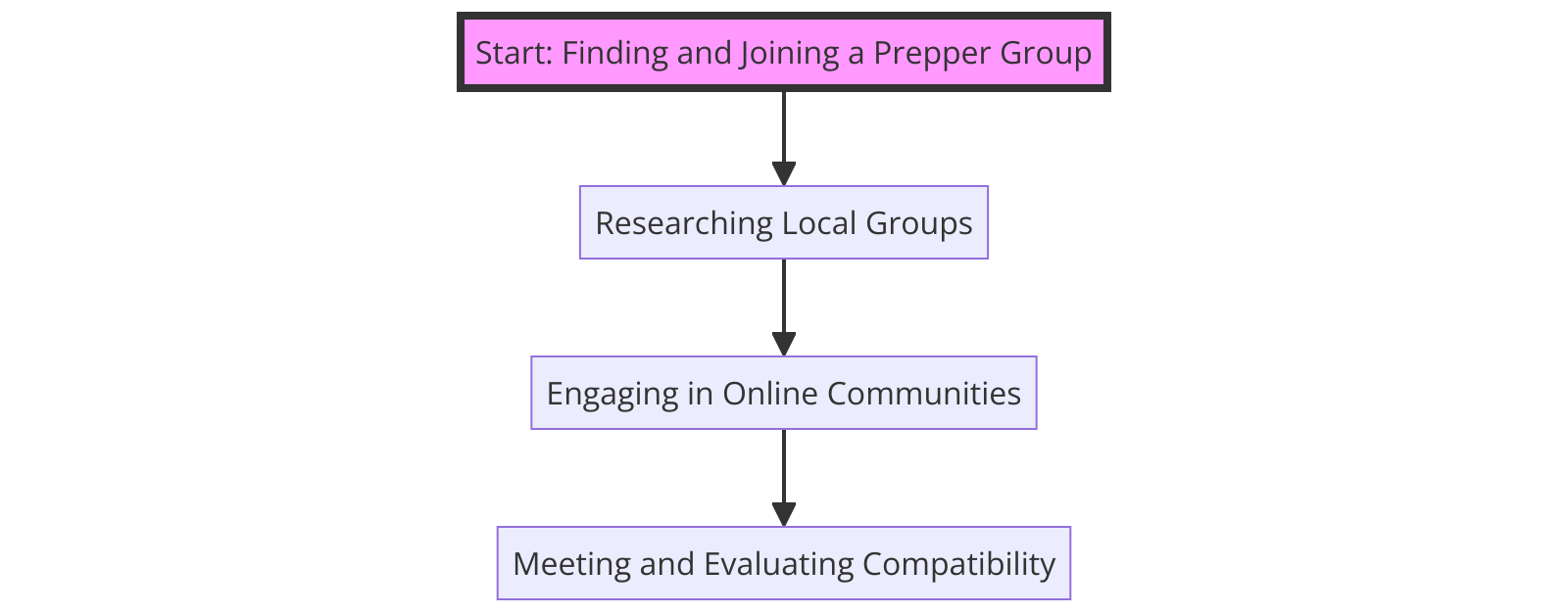
Take the time to connect with others, exchange ideas, and build relationships that will support you during times of civil unrest or other emergencies.
Disaster Preparedness: Planning for the Worst
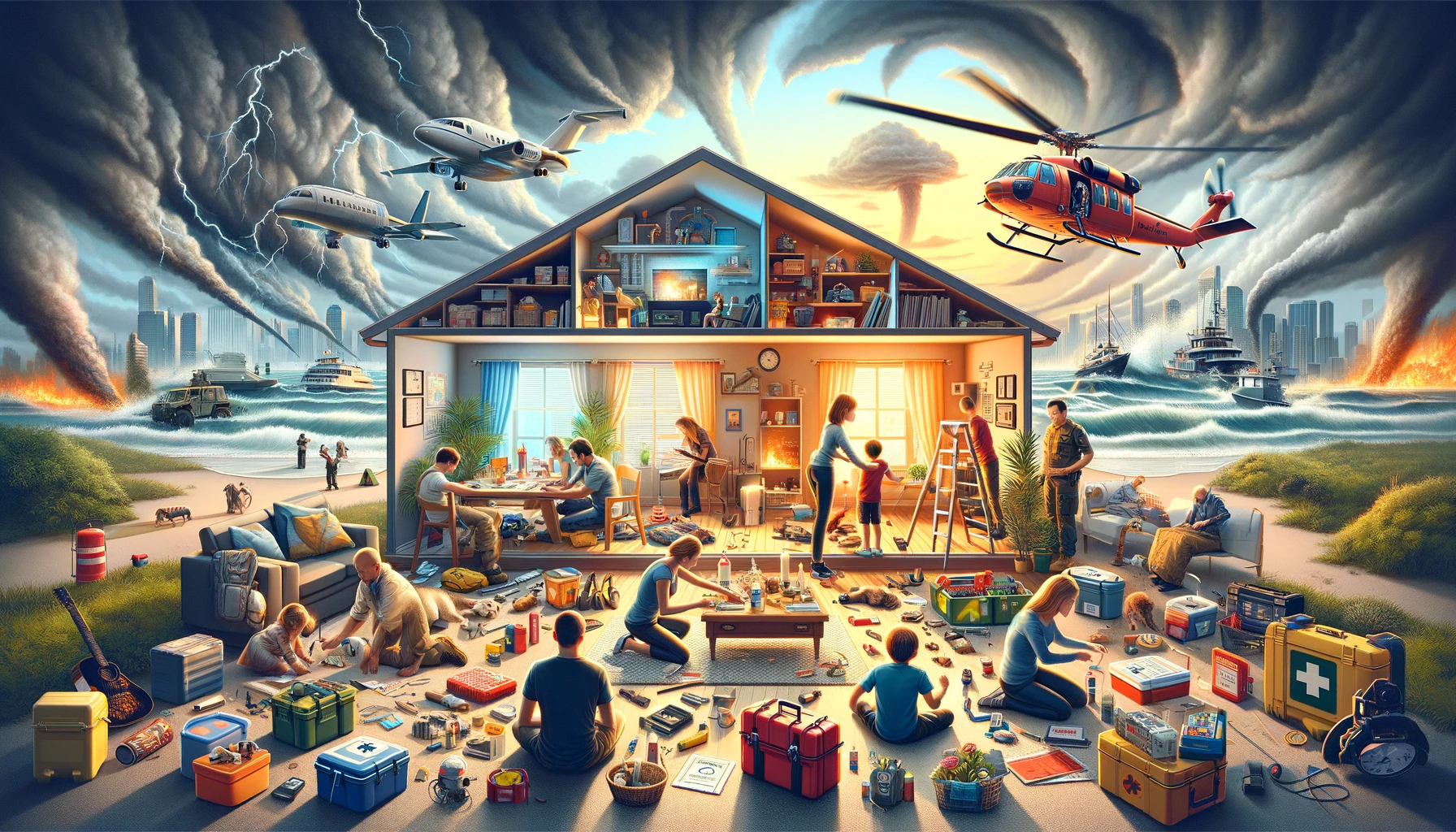
With the increasing uncertainty of the world we live in, it is crucial for individuals and communities to be prepared for any potential disasters that may arise.
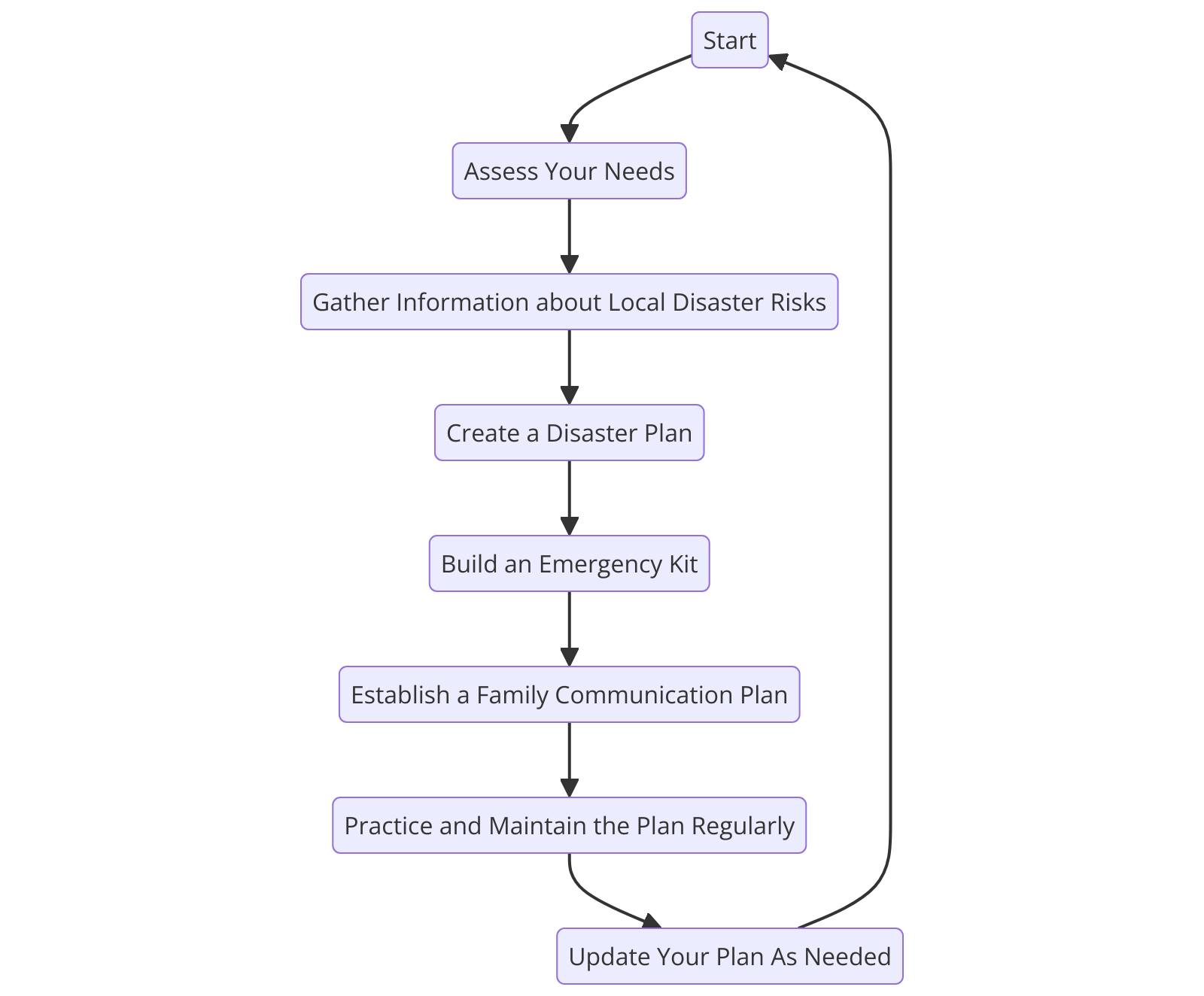
“In the tapestry of community preparedness, each thread of individual effort strengthens the collective safety net,”
Kennedy Moore, a disaster response strategist and advocate for resilient community building
One way to ensure the safety and well-being of your resilient community is by joining a prepping group or forming a strong community of like-minded individuals.
Being part of a prepping group provides a unique opportunity to volunteer and make a difference in emergency management and disaster response.
The Role of Prepper Groups in Emergency Response
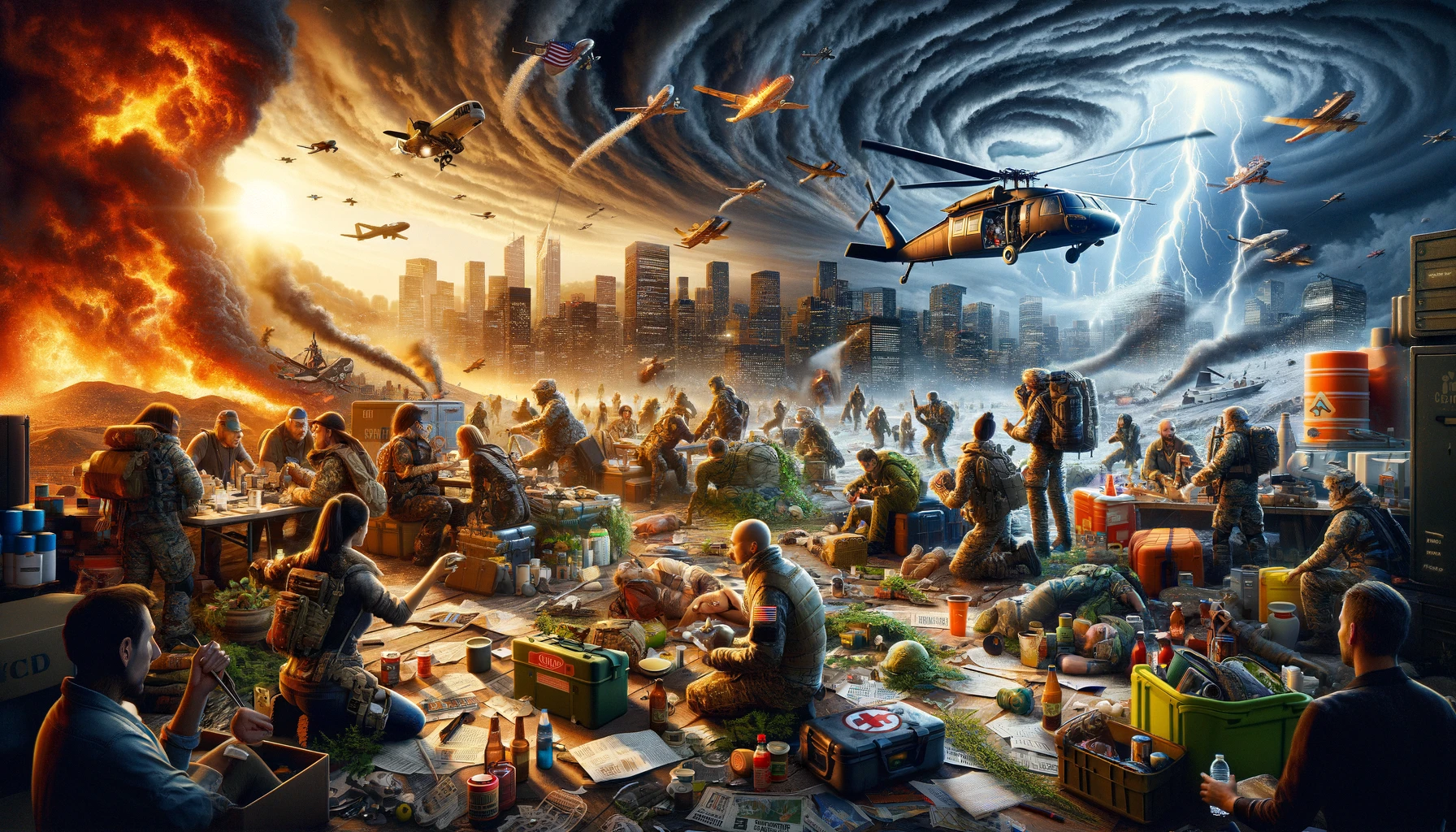
One of the main benefits of being part of a group of preppers is the opportunity to learn and earn from each other.
Each member brings their unique set of essential survival skills and experiences to the table, creating a diverse pool of knowledge to draw from.
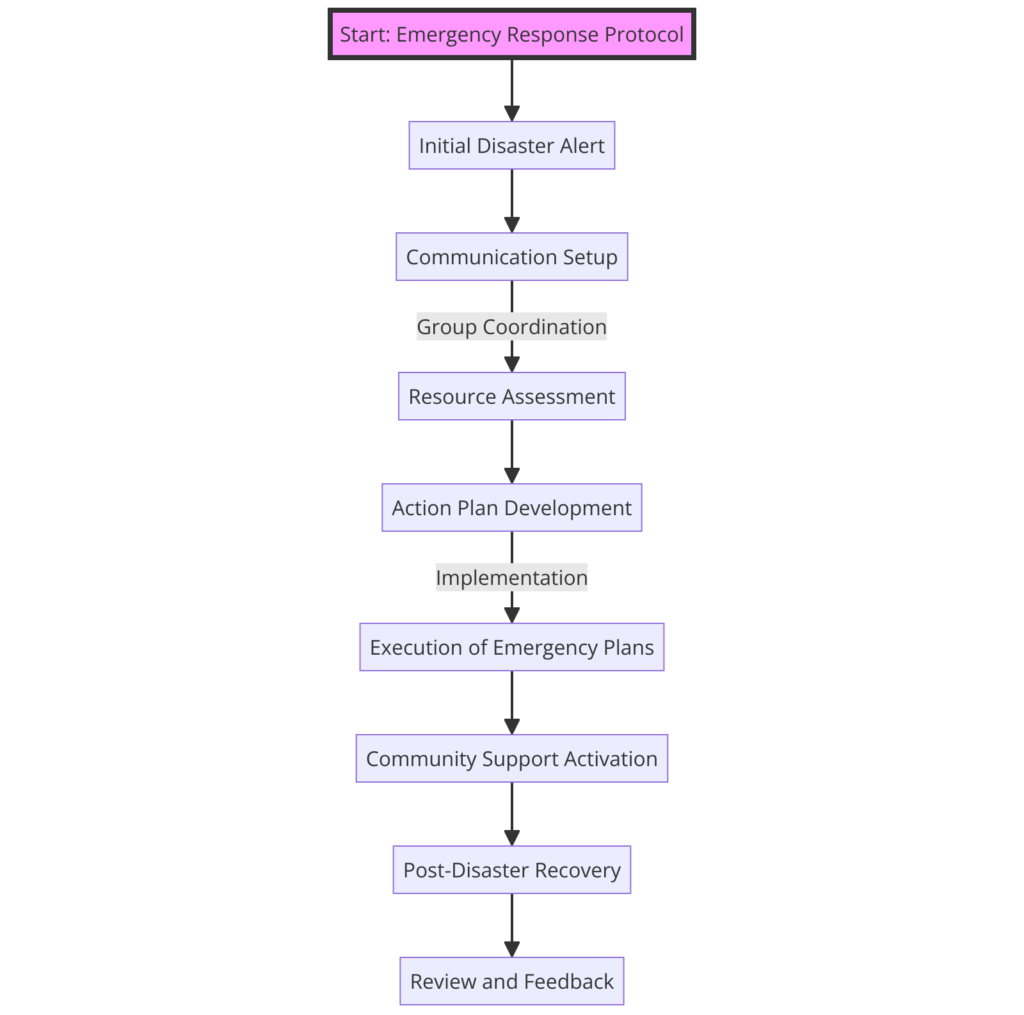
This collaborative approach ensures that the group is well-rounded in their preparedness strategies, covering a wide range of potential scenarios.
SHTF Planning: Preparing for Disaster Strikes
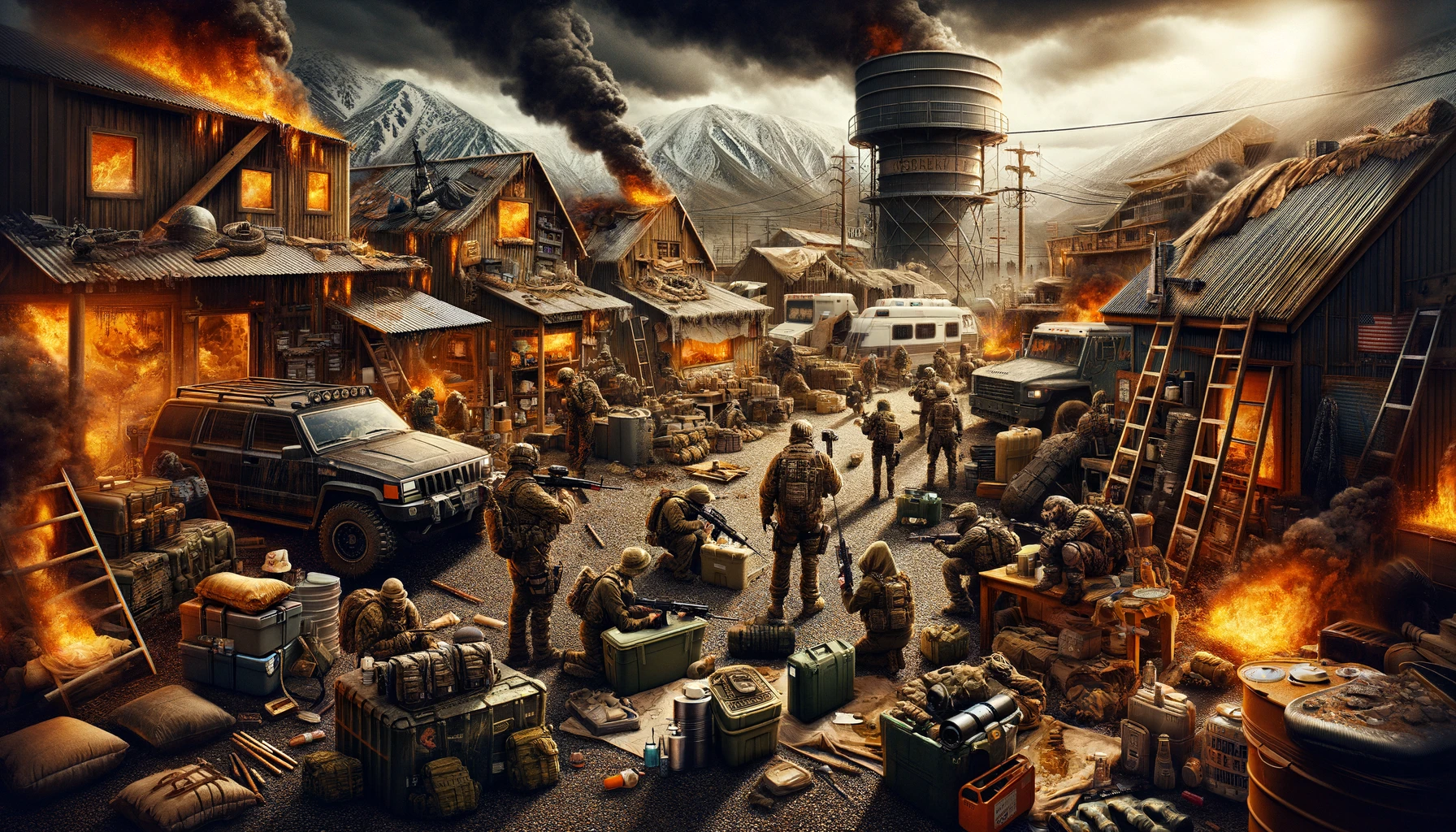
Joining a Prepper Group: Building a Network of Preparedness
When it comes to preparing for disaster strikes, one of the most effective strategies is joining a prepper group.
The support and camaraderie within these groups are invaluable, especially during times of crisis.
By joining forces with others, you can enhance your readiness and make the most out of the collective knowledge and expertise.
Building Essential Survival Skills: Thriving in Survival Mode
In an unpredictable and dangerous situation, being equipped with essential survival skills is crucial.
| Skill | Skill Difficulty | Resources Needed | Potential Survival Impact |
|---|---|---|---|
| Hunting | Traditional: Moderate | Bow and arrows, traps, camouflage clothing | High |
| Modern: Low | Firearm, ammunition, hunting knife | High | |
| Foraging | Traditional: Moderate | Knowledge of edible plants, mushrooms | Moderate |
| Modern: Low | Field guide, smartphone apps, GPS | Moderate | |
| Water Purification | Traditional: Low | Boiling water, filtration through cloth | High |
| Modern: Low | Chemical purification tablets, UV pens | High | |
| First Aid | Traditional: Moderate | Bandages, splints, medicinal herbs | High |
| Modern: High | First aid kit, CPR training | High |
No matter how well-stocked your supplies are, if you lack the ability to fend for yourself, your chances of survival are significantly diminished.
That’s why it’s important to focus on acquiring skills such as hunting, foraging, and water purification.
“Survival skills are the currency of the future; invest in them wisely, and they will pay dividends when you least expect it,”
advises Jordan Hayes, a survival expert and author
Engaging with the Red Cross and Other Emergency Services
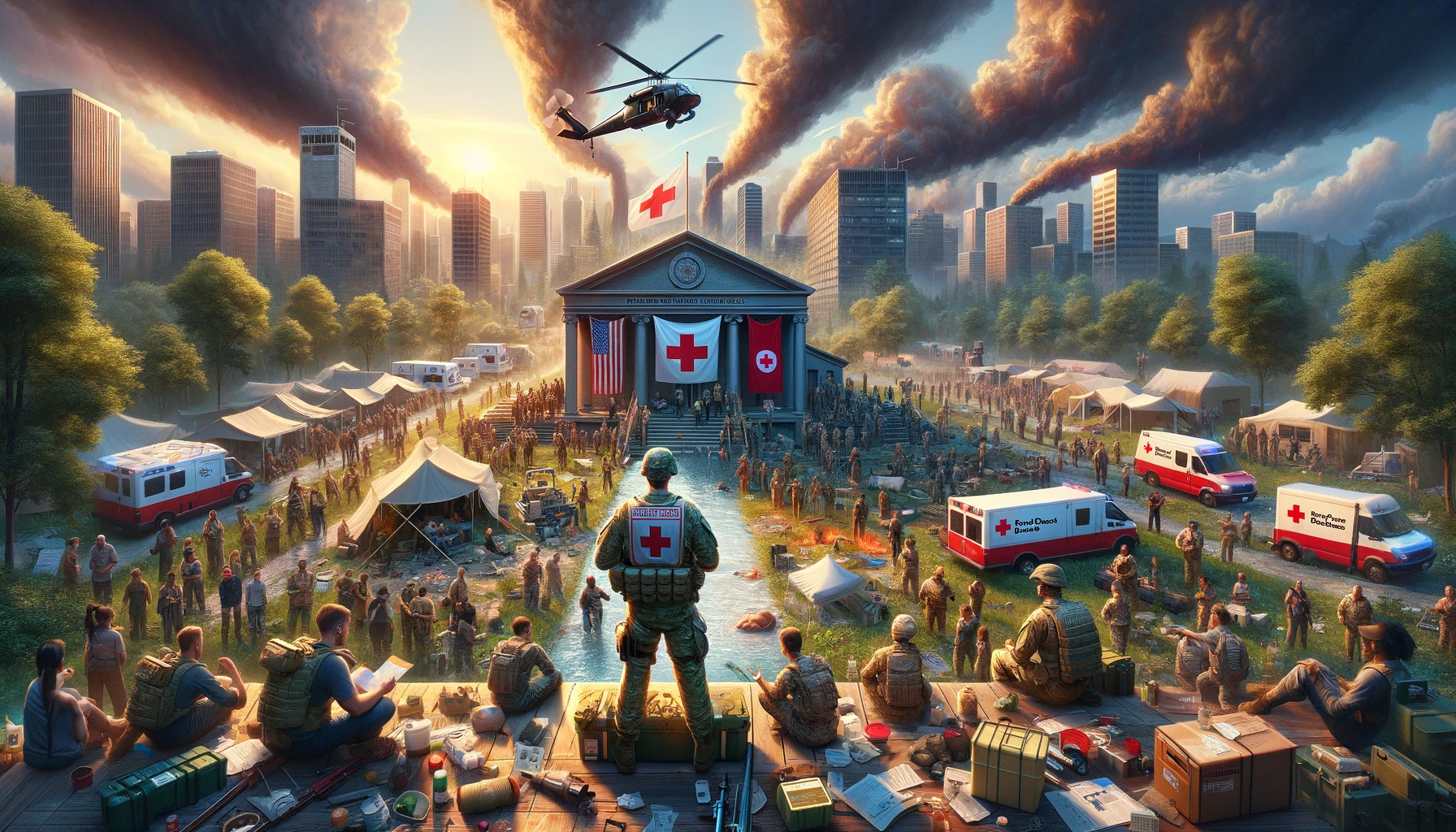
Building Relationships with Emergency Services
To engage with the Red Cross and other emergency services, start by attending local community events and meetings.
This will allow you to meet the group who need and share your knowledge and skills with others.
Additionally, get to know the area and find out how you can contribute to emergency response efforts.
Collaborating with emergency services not only helps in hoping for the best, but it also ensures that you are an active part of the group when disaster strikes.
| Benefit | Description |
|---|---|
| Resource Pooling | Ability to pool resources such as food, water, tools, and skills |
| Collective Knowledge Sharing | Access to a diverse range of skills, experiences, and knowledge within the community |
| Mutual Support | Emotional, logistical, and practical support during times of crisis |
| Increased Security | Enhanced security through shared vigilance, cooperation, and collective defense measures |
| Efficiency in Preparing | Streamlined preparation efforts through task delegation, coordination, and shared responsibilities |
| Community Resilience | Greater resilience to disasters and emergencies through collaborative planning and preparation |
Collaborative Learning and Skill Sharing
Engaging with the Red Cross and other emergency services also provides an opportunity to share a lot with your prepper friends.
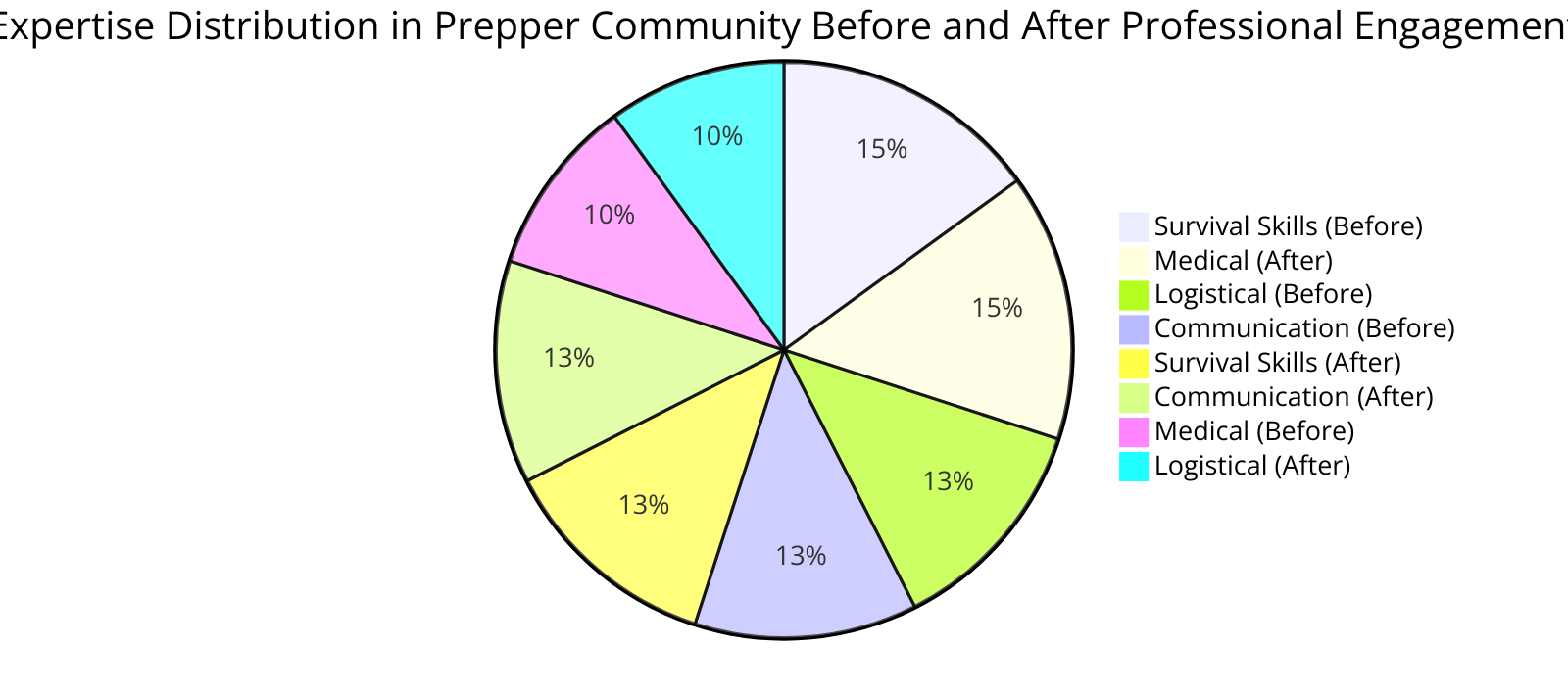
A major advantage of engaging with emergency services is the chance to build relationships with professionals who possess a wealth of knowledge and experience.
By actively participating in training sessions, workshops, and volunteer activities, you not only enhance your own preparedness but also improve your skills.
FAQ:
Relevant Links for Further Reading:
- Explore the 2018 State of the World’s Volunteerism Report by UNV, which delves into how volunteerism strengthens community resilience: UNV Report.
- Learn about the rise of prepping in New York City and its impact on community resilience during COVID-19 on CUNY Academic Works: Prepping in NYC.
- Gain insights into how preppers contribute to community resilience and what lessons they offer for broader societal preparedness on ResearchGate: Prepper as Resilient Citizen.
- Discover the core strengths of building a well-run prepper community or network at Off Grid Survival: Prepper Communities.
- Visit Community Prepper for resources on becoming more resilient, educated, and prepared for any emergency situation: Community Prepper.


